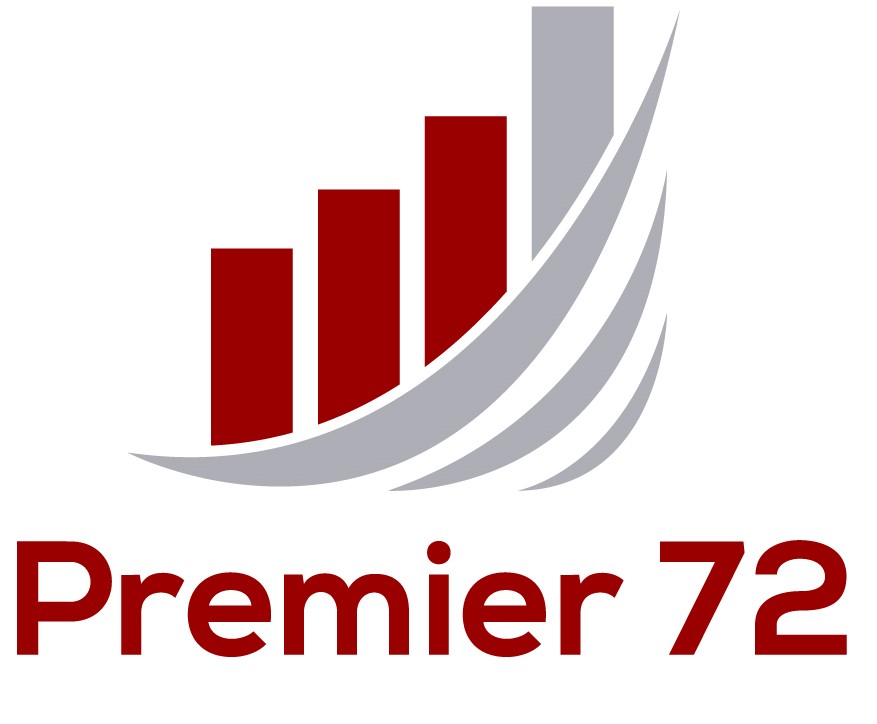Contact Us:
Frequently Asked Questions
Why is Life Insurance Important for My Family?
Life insurance is a crucial financial tool for your family because it acts as a protective shield, ensuring that they are financially secure in the face of unexpected circumstances. In the event of your passing, life insurance provides a tax-free death benefit that can cover immediate expenses like funeral costs and outstanding debts. More importantly, it serves as a long-term financial support system for your family, helping them maintain their lifestyle and meet ongoing financial obligations. Whether it's replacing lost income, covering mortgage payments, or funding education, life insurance provides a reliable safety net, offering peace of mind and stability during challenging times.
Why Is Life Insurance An Important Business Tool?
Life insurance is a crucial business tool for succession planning, ensuring a smooth transition in the event of a key person's death. It also acts as a funding mechanism for buy-sell agreements, providing capital for the buyout of a deceased partner's shares. Additionally, it serves as a risk management tool, offering financial protection against the loss of key employees essential to the company's success. In essence, life insurance safeguards business continuity and financial stability in the face of unexpected events.
Why is Life Insurance Important for Legacy Creation?
Life insurance plays a pivotal role in legacy creation by providing a financial foundation for the next generation. The death benefit from a life insurance policy can be a tax-efficient means of transferring wealth, ensuring that your loved ones receive a substantial amount without the burden of estate taxes. This allows you to leave a lasting legacy and provide for your heirs in a way that preserves the assets you've worked hard to accumulate. Life insurance also acts as a strategic tool in estate planning, allowing you to structure your legacy in a way that aligns with your values and goals, ultimately contributing to the long-term financial security and prosperity of your family.
Can I Create My Own Private Bank Using Life Insurance?
The concept of creating your own bank with life insurance emphasizing the use of cash value insurance policies as a financial tool. Individuals can take control of their finances by becoming their own bankers through these policies, utilizing the cash value component for personal financing needs rather than relying on traditional banking institutions. The principles of using insurance in this manner, stems from emphasizing self-reliance, control, and long-term financial stability as key components of this unique financial strategy.

